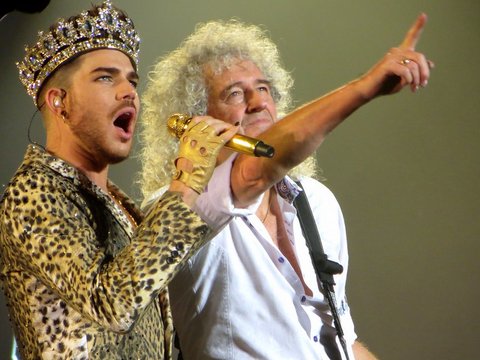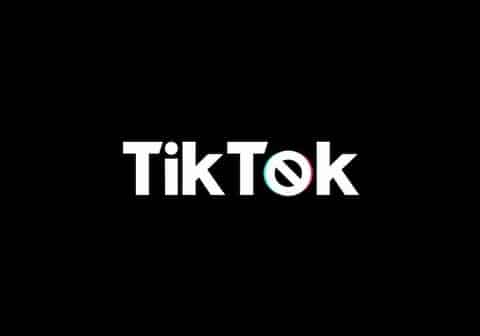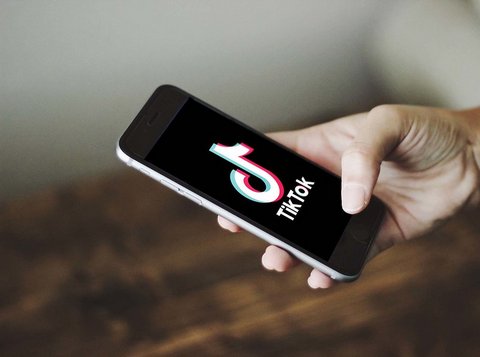
28 Jun The Reintroduction of Adam Lambert: How an Ex-American Idol Is Taking Charge and Being Unapologetically Gay

Adam Lambert, left, sings in 2015 with Queen guitarist Brian May, who has called Lambert “a gift from God.” (“Queen + Adam Lambert 16” by Flickr user marcen27 / CC BY 2.0 license)
Commentary, Joseph De La Cruz
I was on my way to work a couple of weeks ago when I pulled out my phone and did what many do nowadays during their morning commute: scroll TikTok. I ignored my usuals, the many BookTok accounts I follow, the attractive cosplayers who dress up like Spider-Man, Hercules and Cyclops, and went straight to my For You Page. I tend to ignore it because it hardly gets it right nowadays, but for once, it did, giving me pop star Adam Lambert.
As a ’90s gay Latino millennial, I looked up to Adam when he came on the music scene as the runner-up on the eighth season of “American Idol” in 2009. For a kid who belted out Kelly Clarkson’s “Since U Been Gone” to a love interest that didn’t exist, or a to an unfaithful partner, Carrie Underwood’s “Before He Cheats,” “American Idol” was the show to watch back in the day. Adam was something that hadn’t been seen on the “Idol” stage.
This “Idol” performance helped convince Brian May and Roger Taylor that Adam Lambert had the stuff to join them in Queen.
He was given the nickname “Glambert” for his theatrical performances and presence that could be compared to Freddie Mercury and praised for his vocal command. But there was also something about him that people wanted an answer to: Was Adam, the odds-on favorite to win, gay?
Keep in mind this is the late ’00s; there was no Twitter or Instagram, where celebrities could give us a look at their lives. Nor was this a time when people saw celebrities as just people and knew when to respect their personal lives. Their mental health wasn’t considered either; Britney Spears’ “meltdown” had only occurred two years prior. The media felt as if they had a right to the rich and famous’s personal lives.
Adam never confirmed or denied the rumors while he was on the show, though he said he was gay in a Rolling Stone cover interview soon after. Following his defeat, he also signed a record deal with RCA.
To me, a young, quiet, gay teenager who was a fan of Britney, Christina Aguilera and Latin pop band RBD, I saw myself in Adam. Here was someone who had the same experiences and the same feelings I was having, and he was about to make the music world pay attention. And boy, did he.
In November 2009, Adam made his post- “Idol” debut at the American Music Awards, closing out the show with a performance that still has repercussions on his career to this day. Singing his Dr. Luke-produced debut single, the sexually charged synth-dance-pop banger “For Your Entertainment,” Adam pushed the boundaries in a way a gay artist hadn’t before. He simulated oral sex with a male dancer and after he sang, “Can you handle what I’m about to do?” made out with his male keyboardist. That led to scheduled appearances being canceled and many complaints to the Federal Communications Commission. It seemed that Adam had answered his own question: America couldn’t handle what he had done.
It didn’t stop him, however. In the almost 15 years since, Adam has gone on to release five studio albums. His sophomore effort, 2012’s “Trespassing,” debuted at No. 1 on the Billboard 200 charts, making him the first openly gay artist to achieve this feat. He has also gone on to find success with Queen, touring as their new frontman.
Queen + Adam Lambert dedicated this 2016 performance of “Who Wants to Live Forever?” to the people killed in a mass shooting at a gay nightclub the night before and other victims of hate.
The landscape of pop music has changed since then as well. Many more openly queer artists have emerged: Troye Sivan being parodied on SNL by Timothée Chalamet; Kim Petras becoming the first openly transgender artist to win a Grammy; and Lil Nas X giving Satan a lap dance.
And when Lil Nas X kissed a male backup dancer during a 2021 BET Awards performance of “Montero (Call Me By Your Name),” while he received some criticism, the response was mostly positive.
He credited Adam with helping pave the way. “I did thank him in person, actually,” he told Heavy in 2022. “I appreciate all the doors that him and people like him opened.” While Adam has been getting his flowers from his peers for opening doors, it seems those same doors are not completely open for him.
In a recent interview with Billboard to promote his new EP, “Afters” (due out July 19), Adam reflected on that infamous AMA performance: “[The music industry] didn’t turn their back on me, but it felt like the audience took a collective step back.”
In the years since, as a fan, it has been hard not agree with Adam. In his music videos for songs about the hardships of relationships, the love interest was either the POV of the camera, making it seem as if he were singing to the audience, or there was no love interest — something that as a young gay man, would’ve made me feel included.
But now in 2024, Adam is throwing away the rulebook that held him back and ready to get people dancing. The first step in that game plan was releasing the double singles “Lube” and “Wet Dream” on May 31, just in time for Pride Month. “I’ve watched other artists express this very real, authentic part of themselves over the last few years. Now, it’s my turn. Sometimes, things get a little naughty, and I wanted to capture that energy,” he says about “Afters,” a heavily dance-inspired project that talks about sex, romance and relationships that in a way he hasn’t before — being unapologetically gay and himself.
“Lube” is a pulsing banger that is in your face, about sex between two men. “Be a real good boy and lube it up/So you can move your body/Move your body like I do/Gonna make you nut/Every time I move your body/Move your body like I do,” Adam sings. The second I heard Gonna make you nut, I instantly paused, and took it back 10 seconds, wondering if I had heard correctly. When I realized I had, I almost jumped with my fist in the air because Adam had finally done it. He is ignoring all of the voices around him telling him No, to not go there. This is the gay pop music that I needed as a teen, something that was just… gay.
Gay as in not being afraid to push the limits. To say whatever I wanted to, in the same way as my straight peers, and not worry if what I had said has put an unwanted target on my back. Gay as in my experience.
And just when it seemed as if Adam couldn’t get any gayer, in an almost Taylor Swift-like move, Adam went back into the studio to make a minor yet major change to one of his most famous songs, the Pink-penned rock ballad, “Whataya Want from Me,” for which he received his only Grammy nomination to date. The original lyric in the chorus from Pink’s demo was, He messed me up/Need a second to breathe. However, when it was given to Adam, “He” was changed to “It,” because anyone who was homophobic “wouldn’t give the song a chance,” he explained on TikTok. Fifteen years later, in a remix by DJ White Shadow, Adam changed it back to the original lyric, in what is now called “Whataya Want from Me (DJ White Shadow HEmix).” And as someone who has loved the song and was always singing “He” because I just knew, the gay teenager inside of me is healing.
Adam is finally breaking the chains that once held him back. From being afraid of not getting his chance to leave his mark, to being very gay and no longer caring about the rules, this is the reintroduction of Adam Lambert. But to a fan all along, it’s not a reintroduction. It’s finally seeing a music hero be the free artist you always knew they could be.






c pety
Posted at 08:31h, 30 June‘ABC also received about 1,500 telephoned complaints’…out of the 25 million who watched?? – so the pearl clutchers made the network bow down to their will, it’s pathetic and SO hypocritical when it was OK for Madonna and Brittney to make out on network TV. Such a crock of hooey